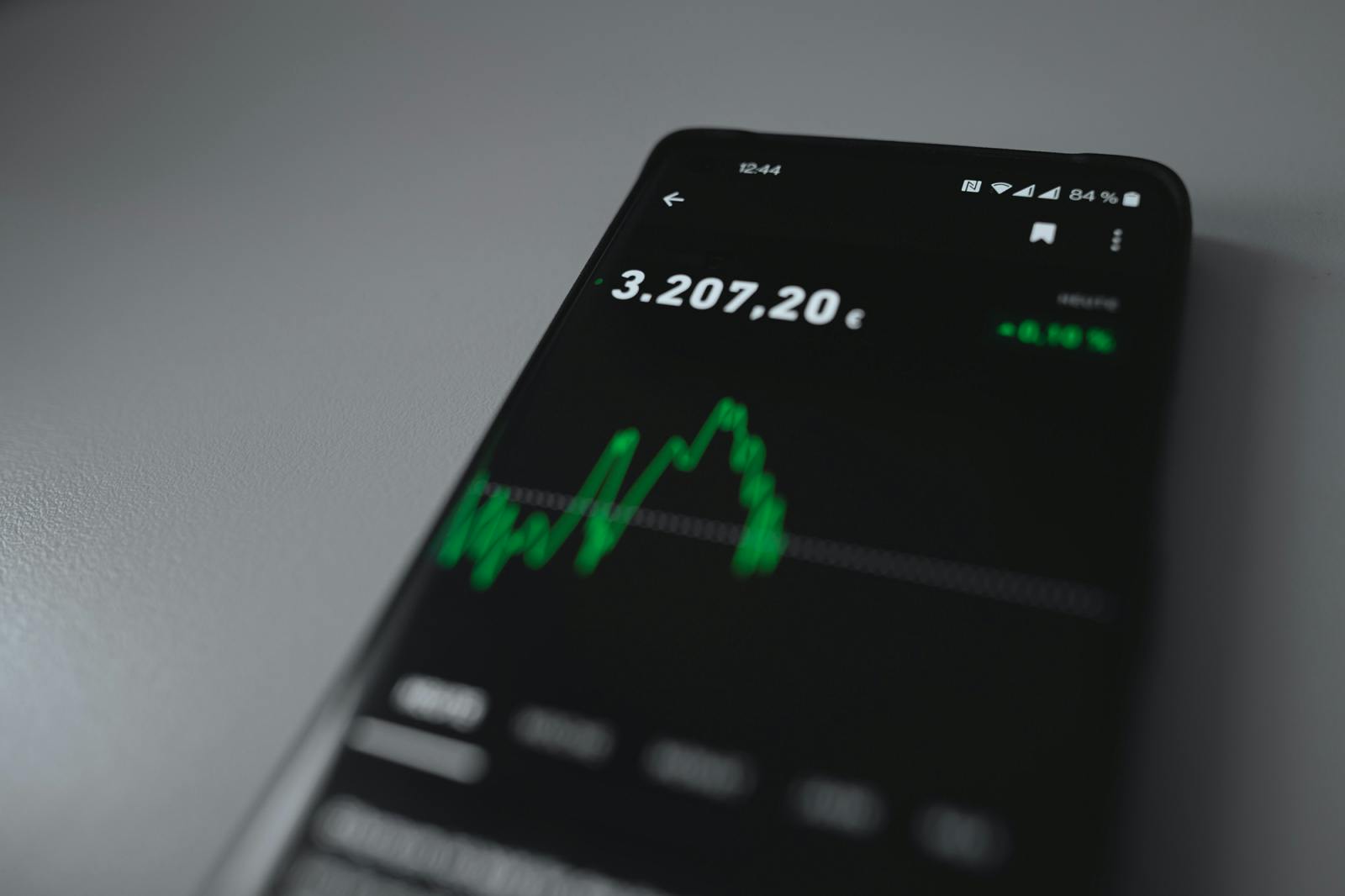
Top CEOs and business leaders have called on the Ghanaian government to implement robust policies aimed at promoting fiscal stability, highlighting the importance of reducing the budget deficit, simplifying tax regulations, and maintaining consistency in government policies. These recommendations come as part of a concerted effort to make Ghana a more attractive destination for investment, benefiting both businesses and the overall national economy.
While acknowledging current economic challenges, these business executives also lauded Ghana's long-standing democracy and political stability, which have played pivotal roles in shaping the country's reputation as an investment-friendly destination.
The Managing Director of Africa Global Logistics Ltd, Thibault Lamé, emphasized the impact of these economic challenges on French businesses operating in Ghana. Despite these difficulties, Lamé noted that the over 70 French companies established in the country have demonstrated remarkable resilience. These companies have implemented various measures to ensure their continued viability and sustainability, viewing the Ghanaian market as promising in the medium to long term.
Lamé stated, "We are confident that the economy will bounce back. Recovery might take time, but the medium to long-term growth prospects are strong." Many of these companies have maintained a presence in Ghana since as early as 1950 and are committed to weathering the current economic storm while continuing to invest in the nation.
Carole Ramella, Managing Director of GFA Consulting, echoed the sentiment of investor appetite for Ghana. She specifically pointed out private equity firms' interest in areas such as agribusiness, environmentally conscious businesses, and those that promote financial inclusion. Additionally, Ramella highlighted the immense potential of the Fintech industry in Ghana, reinforcing the optimism surrounding the nation's investment climate.
Ghana's economy has faced severe challenges over the last two years, with inflation reaching a 22-year high of 54.1% in December 2022 and public debt surpassing 100% of GDP. In July 2022, the government formally sought assistance from the IMF for a financial program, which was ultimately approved in May 2023.
As of the implementation of the IMF program, the Ghanaian economy is showing signs of stabilization, with a gross domestic product (GDP) growth averaging 3.1% in the first half of the year. Inflation, which had soared to 54.1% in December 2022, has since declined to a 12-month low of 38.1% in September. On the fiscal front, the primary balance on a commitment basis for the first half of the year showed a surplus of about GH¢2 billion, compared to a target of a GH¢4 billion deficit.
Furthermore, the Gross International Reserves (GIR) reached US$2.1 billion, equivalent to 1.0-month import cover, compared to US$1.5 billion (0.6-month import cover) recorded at the end of December 2022. The Ghanaian Cedi has also demonstrated signs of stabilization.
These positive economic indicators, coupled with the commitment to fiscal stability, have piqued the interest of investors, reinforcing the belief that Ghana's economic recovery and future growth prospects are encouraging.
Against the backdrop of Ghana's endeavors to enhance its investment climate and bolster fiscal stability, the Dawa Industrial Zone presents an opportunity for investors to invest in the country's investment landscape. As business leaders and CEOs emphasize the need for investor-friendly policies and resilience in the face of adversity, the Dawa Industrial Zone is an exemplar of the kind of venture that can attract and sustain investor interest.
First and foremost, the Ghanaian government has implemented policies aimed at creating an attractive and predictable business environment that investors can access within the zone, which includes tax incentives and simplified regulations. These measures are designed to reduce the burden on businesses and encourage foreign and local investors alike.
Additionally, the Dawa Industrial Zone prioritizes infrastructure development and access to key amenities, ensuring that businesses can operate efficiently and effectively. The zone is equipped with reliable power, water supply, and modern transportation infrastructure, reducing the operational challenges faced by many businesses operating in other regions.
In the context of investor appetite, the Dawa Industrial Zone offers a diverse range of investment opportunities. From manufacturing to logistics and technology-driven enterprises, the zone caters to a wide array of industries, aligning with the interests expressed by investors, including private equity firms, as mentioned by Carole Ramella of GFA Consulting. The potential for businesses to thrive in an industrial hub like Dawa is apparent, particularly in agribusiness, climate-friendly ventures, and fintech, all of which have garnered significant interest from investors.
The Dawa Industrial Zone also supports Ghana's economic recovery efforts, aligning with the aforementioned positive indicators. Its contribution to the country's GDP growth and job creation cannot be overstated. As the nation works toward fiscal stability, these industrial zones serve as pivotal engines of economic growth.
Take action now and be part of Ghana’s promising future!
More
updates

How Industrial Parks Are Powering Economic Growth in Africa
Blog∙30th April, 2025

Addressing The Infrastructure Gaps in Sub-Saharan Africa
Blog∙11th March, 2025

Regional vs. National Approaches to Trade Facilitation: Which is More Effective for Africa?
Blog∙11th December, 2024

Earn Big with Dawa Refer & Earn: Unlock Lucrative Rewards for Every Business You Refer!
Blog∙13th November, 2024

Leapfrogging the Growth Trap: Policy Initiatives for Developing Economies in a Globalized World
Blog∙4th October, 2024
